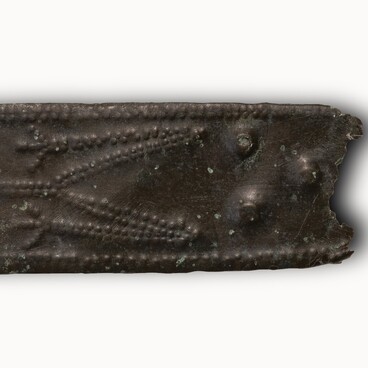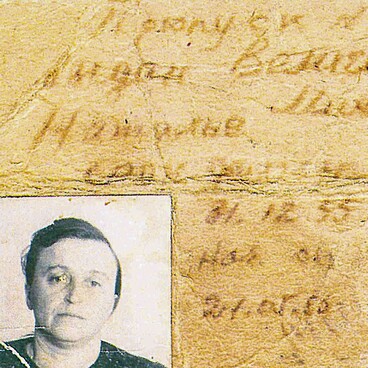Nikolay Vladimirovich Timofeev-Ressovsky was a Russian and Soviet radiobiologist, geneticist, ecologist and evolutionist. He was an Honorary Member of the British, Swedish, Italian, American and German scientific societies. His research focused on radiation genetics and questions of micro-evolution. His extraordinary intelligence and dedication to science nearly destroyed him, but they also saved him.
Timofeev-Ressovsky was born in Moscow in 1900 into a family of Petrine nobility and clergy. He fought in the Red Army during the Russian Civil War and graduated from Moscow State University but did not receive a degree. His fate was strongly influenced by the prominent biologist Nikolay Koltsov, who took the student to work in the Department of Zoology and then recommended him to go to Germany.
The young Soviet geneticist was invited to the scientific town of Berlin-Buch by Oskar Vogt, known in the USSR as the scientist who studied the brain of Vladimir Lenin. Timofeev-Ressovsky’s task was to organize a department of genetics and biophysics at the Brain Institute. This department later grew into the Institute of Biophysics and Genetics, and today it is a major reputable Center for Molecular Medicine.
In May 1945, the scientist refused to emigrate to America, retaining his laboratory in Berlin-Buch and awaiting the arrival of the Soviet army. Not a single researcher left the laboratory. In the same year Nikolay Vladimirovich was arrested by the Soviet secret police NKVD and accused of treason against the fatherland. The scientist was jailed in Lubyanka and Butyrka prisons and was sent as a “non-returnee” to the Karaganda prison camp.
Amid growing interest in studying nuclear power, staff members of the USSR Atomic Agency found the scientist in the prison camp, dying of pellagra. Timofeev-Ressovsky was sent to the Urals, to the secret Laboratory B, where he was appointed head of the biophysical department. It was staffed by scientists who had been prisoners, prisoners of war and hired professionals. They investigated the biological effects of radiation, nuclear explosions and radioactive contamination on animal, plant and human organisms, and dealt with issues of biological defense.
In 1964, Timofeev-Ressovsky came to Obninsk to the newly established Institute of Medical Radiology. His mission was to educate a young generation of researchers, to establish a scientific school of radiation genetics. The scientist, who had made a number of key discoveries, was rehabilitated only 11 years after his death.
Timofeev-Ressovsky was born in Moscow in 1900 into a family of Petrine nobility and clergy. He fought in the Red Army during the Russian Civil War and graduated from Moscow State University but did not receive a degree. His fate was strongly influenced by the prominent biologist Nikolay Koltsov, who took the student to work in the Department of Zoology and then recommended him to go to Germany.
The young Soviet geneticist was invited to the scientific town of Berlin-Buch by Oskar Vogt, known in the USSR as the scientist who studied the brain of Vladimir Lenin. Timofeev-Ressovsky’s task was to organize a department of genetics and biophysics at the Brain Institute. This department later grew into the Institute of Biophysics and Genetics, and today it is a major reputable Center for Molecular Medicine.
In May 1945, the scientist refused to emigrate to America, retaining his laboratory in Berlin-Buch and awaiting the arrival of the Soviet army. Not a single researcher left the laboratory. In the same year Nikolay Vladimirovich was arrested by the Soviet secret police NKVD and accused of treason against the fatherland. The scientist was jailed in Lubyanka and Butyrka prisons and was sent as a “non-returnee” to the Karaganda prison camp.
Amid growing interest in studying nuclear power, staff members of the USSR Atomic Agency found the scientist in the prison camp, dying of pellagra. Timofeev-Ressovsky was sent to the Urals, to the secret Laboratory B, where he was appointed head of the biophysical department. It was staffed by scientists who had been prisoners, prisoners of war and hired professionals. They investigated the biological effects of radiation, nuclear explosions and radioactive contamination on animal, plant and human organisms, and dealt with issues of biological defense.
In 1964, Timofeev-Ressovsky came to Obninsk to the newly established Institute of Medical Radiology. His mission was to educate a young generation of researchers, to establish a scientific school of radiation genetics. The scientist, who had made a number of key discoveries, was rehabilitated only 11 years after his death.



